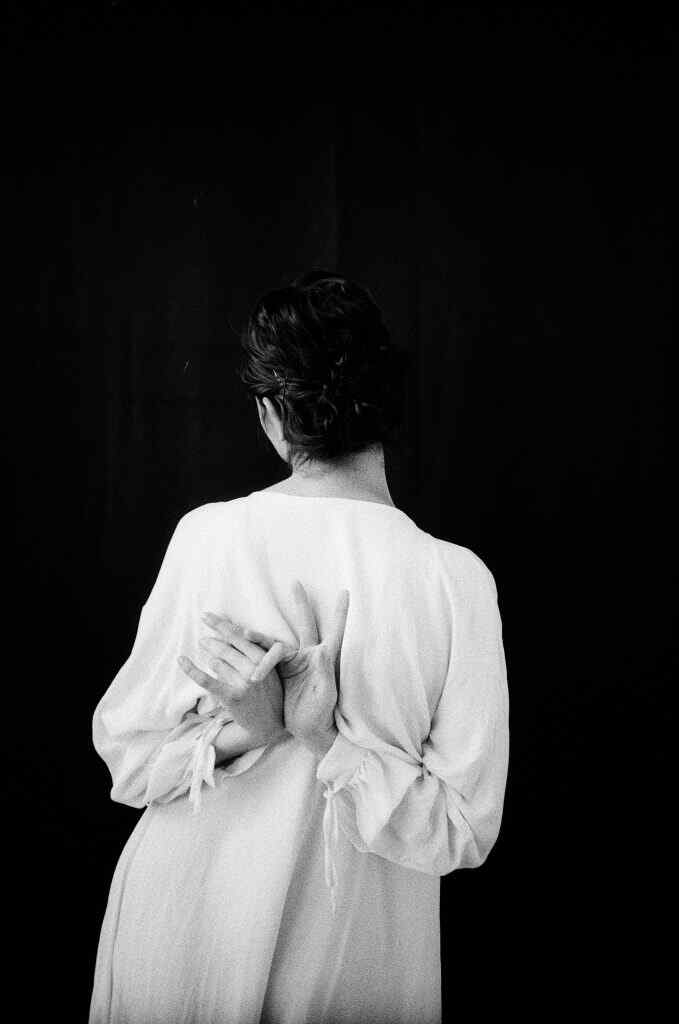Japanese Author Breaks Barriers: AI-Assisted Novel Wins Prestigious Award, Sparking Cultural Crossroads Debate
In a groundbreaking moment that sent shockwaves through the literary world, acclaimed Japanese author Rie Kudan stunned audiences by revealing the secret behind her award-winning novel, “Tokyo-to Dojo-to” (“Sympathy Tower Tokyo”): it was partially crafted with the assistance of generative artificial intelligence (AI). This bold admission ignited a fervent debate about the impact of AI on culture, particularly in the realm of creative writing.
The Genesis of an AI-Infused Literary Masterpiece
As Kudan stood at the Akutagawa Prize ceremony, her heart pounding with a mix of excitement and trepidation, she made a confession that would forever change the landscape of literature. She disclosed that approximately 5% of her novel, a poignant exploration of justice and human connection set against the backdrop of modern Tokyo, was composed of verbatim sentences generated by ChatGPT, an advanced language model developed by OpenAI.
This revelation sent ripples of astonishment and unease through the literary community. Many questioned the authenticity of a work partially authored by a machine, while others marveled at the seamless integration of AI’s linguistic prowess into the narrative tapestry.
AI as Muse: Kudan’s Creative Partnership with Technology
Kudan, a 33-year-old author known for her evocative prose and thought-provoking themes, explained that her decision to incorporate AI into her writing process was driven by a desire to capture the elusive “soft and fuzzy words” that would perfectly encapsulate the intricate emotions and nuances of her characters. She viewed AI as a collaborator, a tool that could help her find the precise language to convey her message with utmost clarity and impact.
The result was “Tokyo-to Dojo-to,” a novel that captivated readers with its lyrical beauty, its exploration of profound human themes, and its ability to provoke contemplation and discussion. The Akutagawa Prize committee, recognizing the novel’s exceptional qualities, bestowed upon it the prestigious literary honor, sparking a global conversation about the role of AI in creative expression.
The Ethical Quandary: Authenticity in the Age of AI
While Kudan’s achievement highlighted the potential of AI to enhance creative possibilities, it also thrust into the spotlight ethical concerns that have long plagued the intersection of technology and art. The fundamental question arose: can AI-generated content truly be considered authentic, or is it merely a clever imitation of human creativity?
Writers and artists across the globe expressed apprehension about the rapid encroachment of AI into creative fields, fearing that it could potentially replace human authors and diminish the value of original storytelling. The debate centered on the essence of creativity itself: is it an exclusively human trait, or can machines also lay claim to this elusive quality?
The Akutagawa Prize Committee’s Perspective: Embracing Innovation, Acknowledging Complexity
The Akutagawa Prize committee, tasked with the weighty responsibility of adjudicating literary merit, found itself at the heart of this ethical storm. They acknowledged the controversy surrounding Kudan’s use of AI but ultimately decided to recognize the merits of her work, commending “Tokyo-to Dojo-to” as a “highly entertaining and interesting work that prompts debate about how to consider it.”
This decision underscored the committee’s willingness to embrace innovation while acknowledging the need for thoughtful consideration of the ethical implications of AI in literature. It signaled a willingness to navigate the uncharted waters of this rapidly evolving landscape, recognizing both the potential and the challenges that AI poses to the world of creative expression.
Charting the Course for the Future: AI’s Role in the Literary Landscape
As generative AI continues its relentless march forward, becoming ever more sophisticated and capable, the debate about its impact on creative fields will undoubtedly intensify. The question of how to strike a harmonious balance between embracing technological advancements and preserving the integrity of human creativity will remain a central theme in discussions about the future of culture and storytelling.
The literary world, and indeed all creative endeavors, stands at a crossroads, poised to embark on a journey of exploration and discovery. The path forward is uncertain, fraught with both opportunities and pitfalls. Yet, one thing is certain: the role of AI in shaping the future of storytelling will be a defining factor in the cultural landscape of the digital age.
Call to Action: Join the Dialogue, Shape the Future
The debate about AI’s impact on culture is far from over. It is an ongoing conversation that requires diverse perspectives, thoughtful analysis, and a willingness to embrace the complexities of this ever-changing landscape.
We invite you to join the dialogue, to share your thoughts, concerns, and aspirations for the future of storytelling in the age of AI. Together, we can shape a path forward that celebrates innovation while preserving the essence of human creativity.






